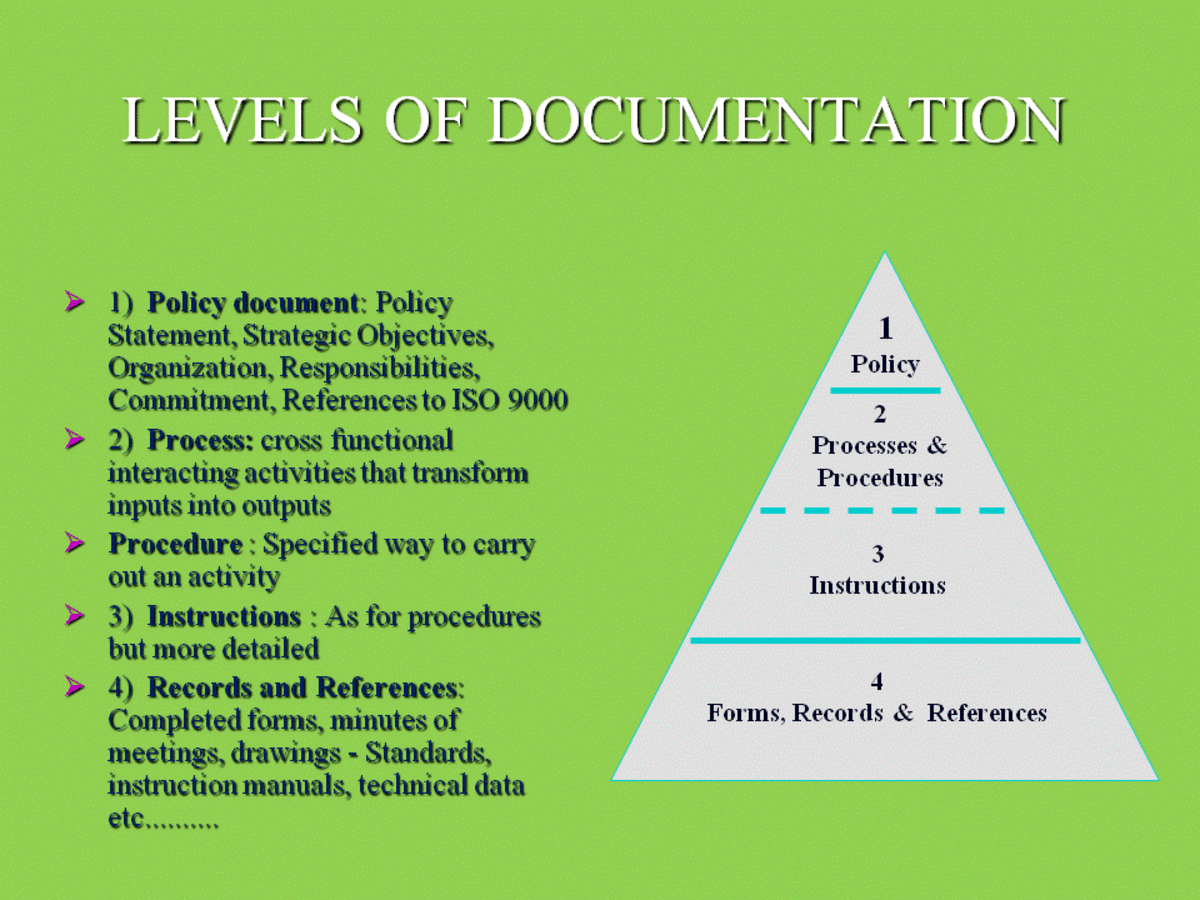What is Negotiation and How to Negotiate


What is Negotiation?
Negotiation is simply the process of getting what you want from another person.
As you read the following examples of how everyone negotiates in their everyday lives, think about what approach you take to get what you want. Also think about what others do in negotiation to get what they want.
By the end of this section, however, I hope you will understand the significance of negotiation in our lives and why it is important to learn how to negotiate effectively.
Everyday Transactions
Many people think of negotiation as a formal process involving businesses closing a multimillion dollar deal. However, this is only a small part of the picture. In fact, whether they know it or not, everyone in their every day lives is a negotiator.
Children negotiate with their parents over bedtime. Teenagers negotiate for later curfews. Spouses negotiate with each other over vacation plans and weekend activities. Friends negotiate with each other over what to do and where to eat. You as well as others negotiate everyday.
Getting what you want in these everyday situations can improve your life and well-being by reducing stress and contention. Getting what you want more often affirms your personality, identity, and confidence. When you often succeed in everyday negotiations, you will feel greater synchronicity and serendipity in your life. Things will really be going your way!
High Stakes Transactions
Perhaps you're thinking, I don't mind if my loved ones or friends get their way sometimes, most of the time, or all the time regarding everyday decisions such as what takeout we should order. However, even if you don't see the value of learning negotiation skills for these smaller transactions, then perhaps you can see the value in learning them for higher stakes transactions, such as when you buy a home, a car, or when asking for a raise.
It's most often in these situations that getting what you want is critical to your well-being, stress levels, and your pocketbook. And most of us encounter these transactions at least once in our lives. Doing well in these negotiations can save us hundreds of thousands of dollars down the road with smaller mortgage payments, car payments, or even more money coming in from your paycheck that you could do anything with.
Effective Negotiation Helps Everyone Everyday
Overall, negotiation is not a fancy concept. It's merely a fancy sounding business term. The truth is we negotiate every day.
Improved negotiation skills will get you what you want in your everyday life, so you will feel greater well-being and confidence. And in the most crucial transactions, you would do even better to learn effective negotiation because it can save you hundreds of thousands of dollars. Who doesn't feel better knowing that they saved themselves a boatload of money?
In the next section you will learn the five steps to effective negotiation.

How to Negotiate
1. Control Your Emotions
The first step to effective negotiation is to not let the other side get under your skin. They may be ranting and raving, foaming at the mouth, throwing insults and names at you, and pounding on tables, but you need to recognize these tactics for what they are. Your negotiating partner (your opponent) is trying to scare you with his power displays. He is trying to affect your emotions, make you lose confidence in yourself, so you crumple and give in to his demands. However, he may also just be angry and frustrated at the entire situation.
No matter how poor your negotiating partner's behavior is, you have to keep your own behavior in check. His attacks may make you angry, but reacting will not move the negotiation further. This takes a level of self-control, but you have to keep in mind why you're here in the first place. Always remind yourself of your goal i.e. what you want to get out of the negotiation, and take a step back. Your goal is always more important than the small win your ego gets by arguing back at your opponent.
Remember, your negotiating partner can play his way, but YOU can play YOUR WAY, and your way, which is the better way, has nothing to do with power plays.
2. Be on Their Side
Effective negotiation requires a welcoming environment. Your opponent may be angry, hostile, and suspicious of you. They're expecting you to react and reject every suggestion that they make. To create the right kind of negotiating atmosphere, you need to change your opponent's assumptions about how you will behave. Instead of reacting, you need to be reasonable.
You have to acknowledge their points. Acknowledging is just verbally stating that you recognize that such points were made. This does not cost you anything, and it shows the other side that you are listening, respectful of where they are coming from, and are considering their statements. And if there is any area for agreement, agree with them.
In addition to acknowledging their statements, also make clear that you recognize and respect their competence. In your heart of hearts you can think that they're an imbecile, but during a negotiation to get what you want, you do not want to at all appear as if you are undercutting their intelligence, authority, or value.
Why do I have to ask what my opponent's interests are?
Asking for your opponent's interests is essential to effective negotiation. You never know what your negotiating partner is really after until you ask.
To illustrate this principle: Two brothers have been told by their father to deal with his old car in the garage. The older brother takes a look and realizes that the retro leather seats inside are in still in great condition. He wants the car so that he can take out the seats and fit them into his own classic restoration car. The younger brother takes a look and realizes that the car frame has rusted and everything else about the car has broken down. He wants to take the car to his friend's place to get cash in exchange for the junk car. The two brothers talk to each other and each merely insists that they want the car for themselves. Each thinks the other is being selfish, and they never ask each other the reasons behind their respective positions. In the end, the father gets fed up with the delay and has the car towed away.
If the brothers had asked each other the reasons behind their positions, the older brother could have taken out the seats that he wanted and the younger brother could have exchanged the rest of the car for cash. Now do you see why it's so important to ask your opponent the reason behind his position? The result could be a win win for everyone.
3. Change the Rules of the Game
This third step is the key to effective negotiation. Negotiation often fails because both sides only present their positions and don't pause to ask the reason why the other side has taken such a position. Because they do not ask, and instead only assume why the other side is interested in such a position, both sides continue to restate their positions, but fail to open up the discussion to other options that may be agreeable to both sides. With each side just restating his position, the conversation can quickly escalate into a shouting match or turn into a stalemate.
If you change the rules of the game, you break out of this position-stating paradigm of negotiation by changing your responses to your opponent's position statements. When your opponent states a position, you will direct the focus onto the overall problem. You have to ask questions that lead to your opponent thinking about how to solve the problem.
For example:
- What are your reasons for wanting that?
- What would you do if you were in my shoes?
- What if I were to do this . . . ?
By continually doing this, you allow the problem itself to educate your negotiating partner into reaching a reasonable solution.
4. Make Agreement with you Irresistibly Attractive
Your opponent may have his own mental reservations or other parties that he has to satisfy. You need to make agreeing with you irresistibly attractive in comparison to not agreeing. The key is to not push hard, in fact don't push at all. This is truly a situation where slow and steady wins the race. Immediate agreement is often too much too fast for someone who is just coming around to the idea that you're deftly suggesting.
You need to make your opponent feel that he naturally originated the idea. You do this by involving your opponent in the entire process from start to finish. Do not dismiss their ideas and anything that can be agreed upon should be included, especially if there is little cost to you. Remember: your opponent should never feel as if he has "lost." He should feel comfortable in the agreement and that this is the natural solution resulting from reasoned discussions.
5. Use Reality to Educate
Finally, if your opponent is still not agreeing. Do not push harder. Do not make threats or back them into a corner. If you do, they will immediately resist and resist that much harder.
The key is to use reality and facts to educate. If your opponent does not agree, will they incur costs or other hardships? You not only point these out but delineate them on paper.
In addition to stating the facts, you can also bring out your own alternative to not agreeing. Your back up plan so to speak that does not involve them but is still not a bad deal for you.
Remember, however, that you're not trying to threaten through power plays. You're simply pointing out the facts, and always paint the road to agreeing as irresistibly attractive.

Conclusion
If you started reading with the idea that negotiation is all about sticking to your position no matter what, then you are probably not getting the best deal that you could be getting.
If you haven't learned anything else, at least learn that negotiation is about problem solving and collaboration. You need to control your emotions in the face of outbreaks, be on the same team as your negotiating partner, ask for their underlying interests, make agreement irresistibly attractive, and remain reasonable to the end even when you're pointing out the reality of the problem or suggesting that you will walk out and exercise your alternative to not agreeing.
Overall, I hope this article has been helpful and best of luck to you and your future negotiations!
The content of this article was adapted from Getting Past No by William Ury.
Referenced Titles

What do you think?
Will you use this approach next time you negotiate to get what you want?
More articles about negotiation
- Negotiation Skill – The Prisoner’s Dilemma
Everyone who has tried a negotiation faces a dilemma. What is the minimum bargaining term that you should negotiate for? What is the maximum? If you ask for the minimum, would that not open the floodgate for... - NEGOTIATE LIKE A PRO
Many authorities say negotiating should be a win-win process for both parties to the bargain. Win-win is clearly best when the parties to the bargain are in a continuing relationship. An opportunistic approach to negotiations tends to damage the rela - Communication and Personality in Negotiation
Communication and Personality in Negotiations This hub describes a negotiation situation that I have participated in (e.g., sale/purchase of a house, car, salary, etc.). It also analyzes the roles of...








